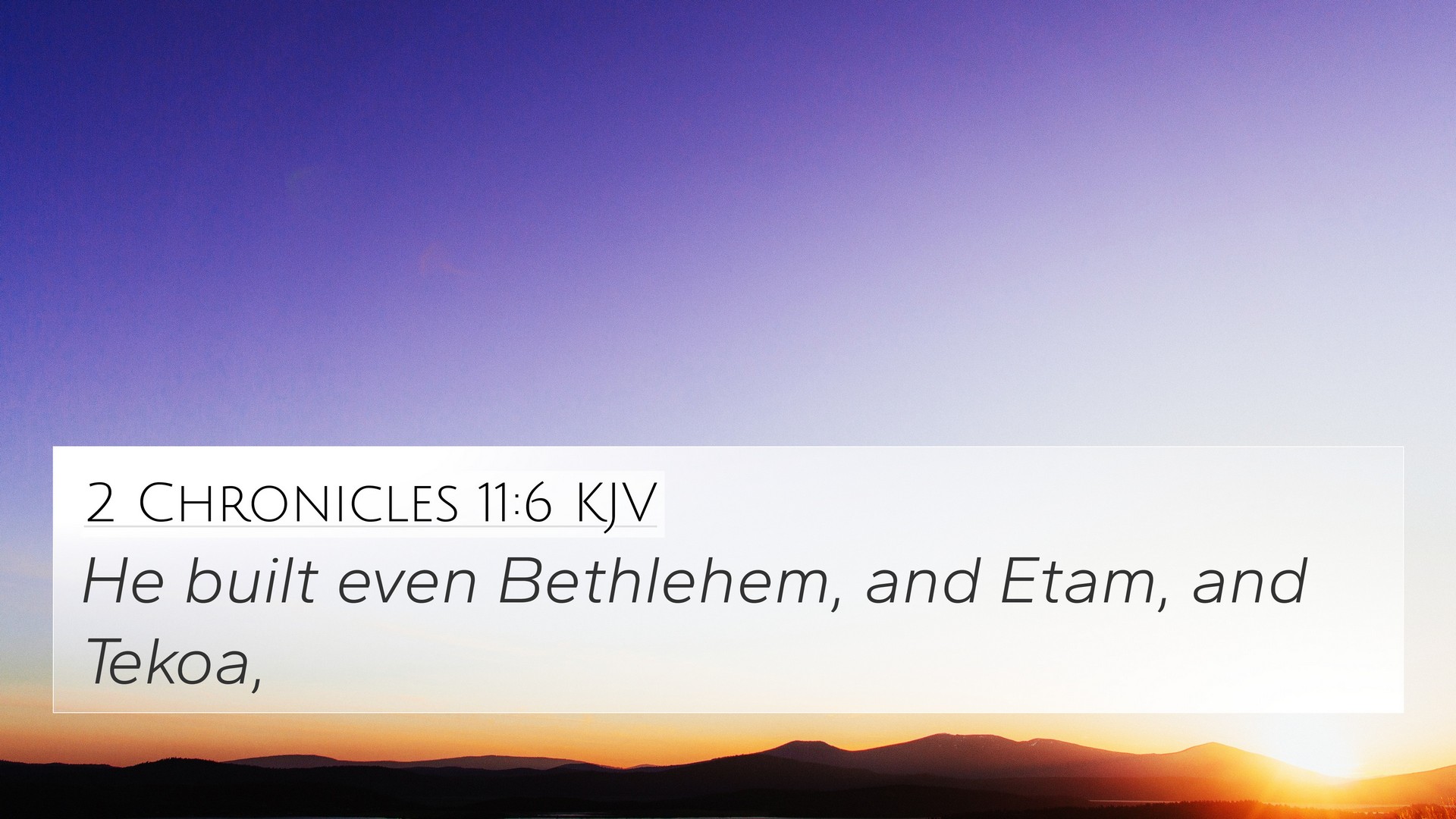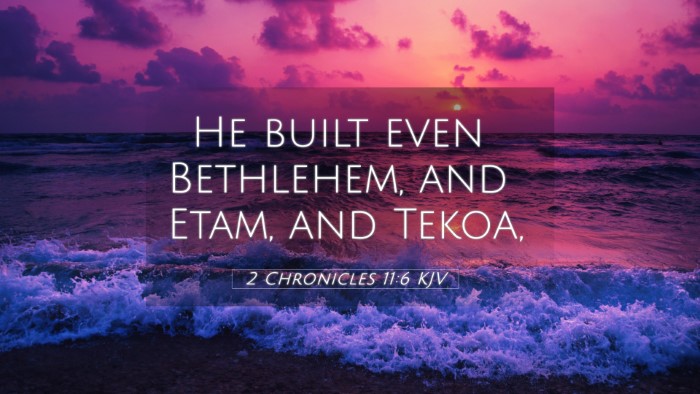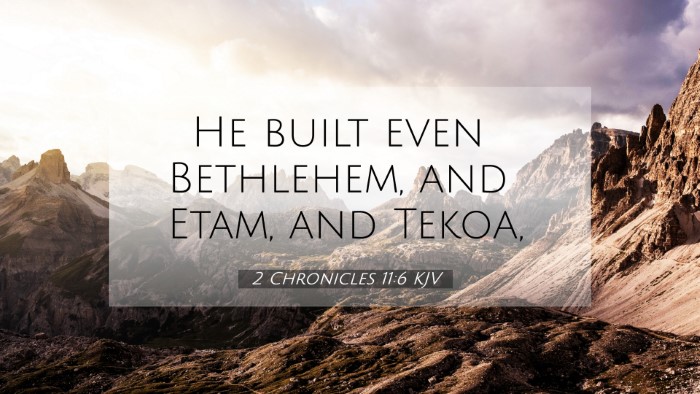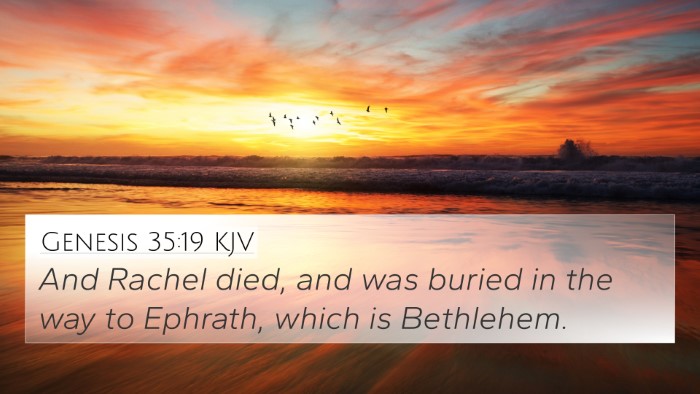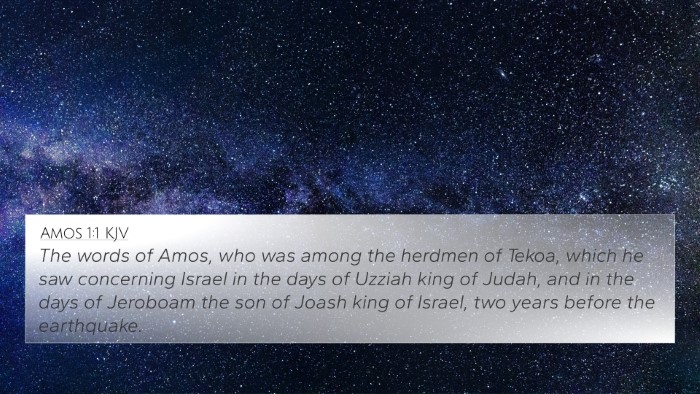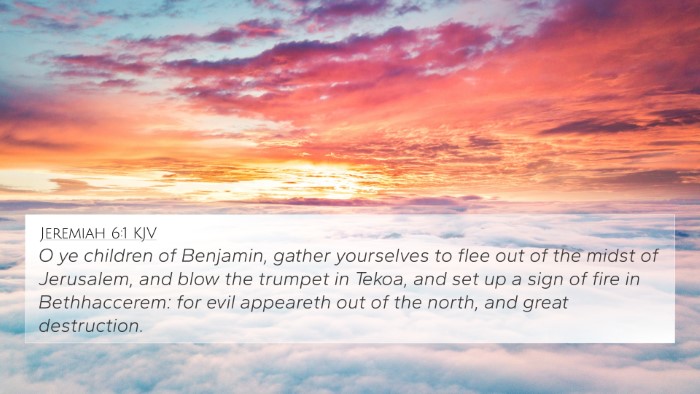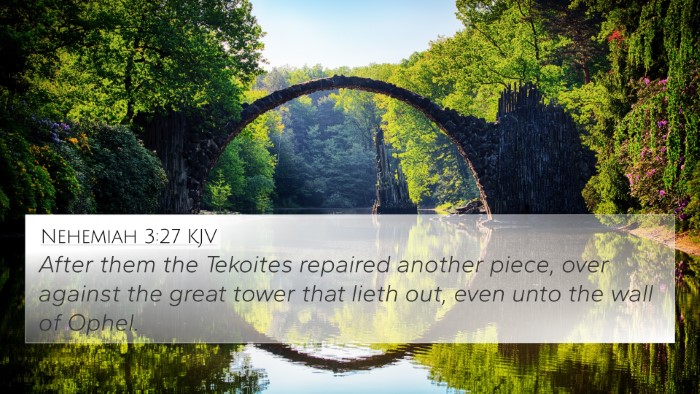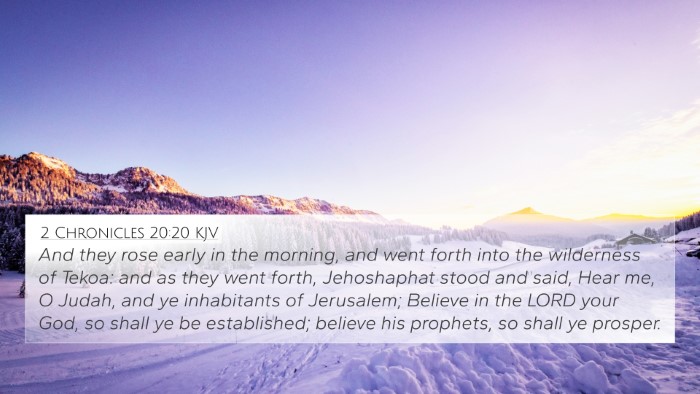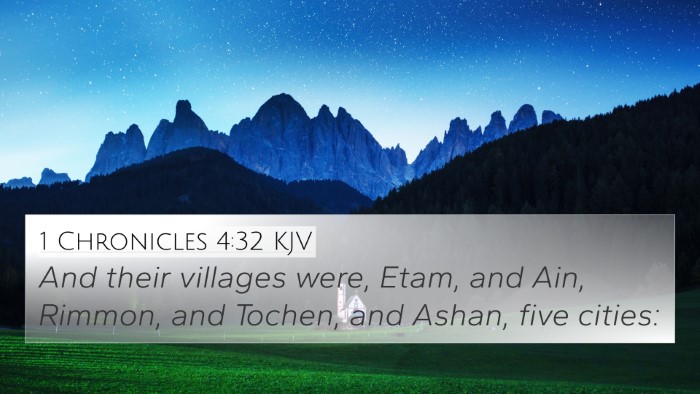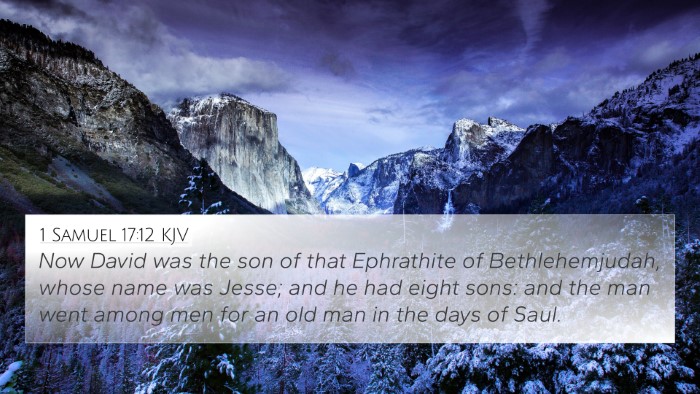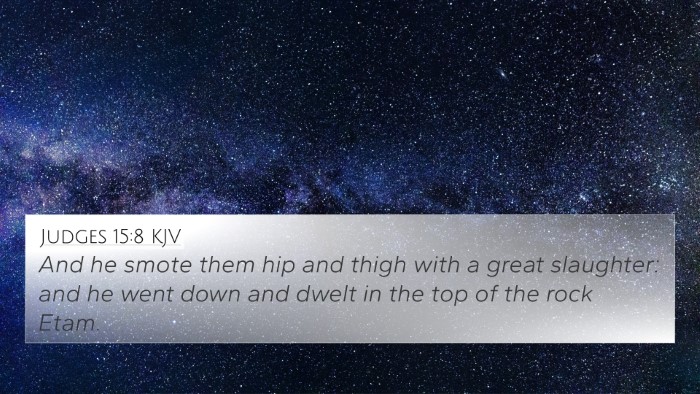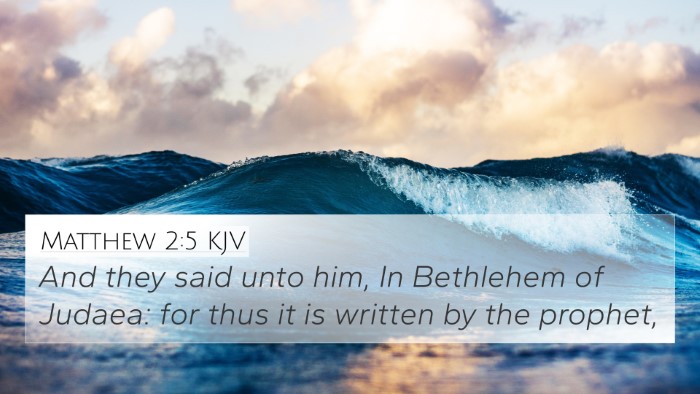Understanding 2 Chronicles 11:6
Verse: "He built even Bethlehem, and Etam, and Tekoa," (2 Chronicles 11:6)
Overview
This verse describes King Rehoboam's efforts to strengthen his kingdom after the division of Israel. Through a careful examination of this context, insights can be drawn from various public domain commentaries. The thematic connections found in this verse highlight the significance of his actions and the implications for the Kingdom of Judah.
Commentary Insights
-
Matthew Henry:
Henry points out that Rehoboam's establishment of fortified cities was a strategic decision aimed at providing security to his kingdom. The choice of cities such as Bethlehem, known as the birthplace of David, symbolizes a return to the roots and importance of lineage.
-
Albert Barnes:
Barnes notes that fortifying these cities suggests a recognition of the threats faced by the kingdom. The reference to specific cities indicates careful planning, which can be seen as a precursor to understanding God's providence in preparing a future for the people of Judah.
-
Adam Clarke:
Clarke emphasizes the importance of these locations historically and spiritually. He suggests that these cities hold rich biblical significance, being closely tied to the history of Israel, and thus, their fortification reflects Rehoboam's desire to restore and honor that heritage.
Theological Significance
This verse encapsulates themes of leadership, protection, and divine guidance, inviting readers to reflect on the intersections of past and present in God's plan for His people. By reinforcing strategic connections, Rehoboam is seen as actively participating in a broader narrative of God's covenant with Israel.
Cross-References
Understanding 2 Chronicles 11:6 can be enriched by analyzing the following cross-references:
- 1 Kings 12:1-24 - This passage details the division of the kingdom and sets the stage for Rehoboam's subsequent actions.
- 2 Chronicles 11:5 - Provides context for the cities Rehoboam fortified and the necessity for defense.
- 1 Samuel 16:1 - Discusses God's choice of David from Bethlehem, linking the importance of this location to God's chosen lineage.
- Jeremiah 31:15 - Mentions Ramah, near Bethlehem, further connecting the significance of Bethlehem in biblical prophecy.
- Hebrews 7:14 - Points to the significance of Judah as the lineage of Christ, establishing a greater spiritual inheritance.
- Matthew 2:1 - Discusses the significance of Bethlehem with the birth of Jesus, connecting Old Testament prophecy to New Testament fulfillment.
- Micah 5:2 - Prophecies about Bethlehem being the birthplace of a ruler, indicating its pivotal role in God's redemptive plan.
- 2 Chronicles 32:6-7 - Highlights the importance of fortifications and preparedness in times of trouble, enriching the understanding of Rehoboam's actions.
- Psalm 78:67-68 - Speaks of God's choice of Judah and serves to remind of the importance of this tribe throughout history.
- Lamentations 1:5 - Reflection on the defeats faced by Jerusalem, underscoring the need for safeguarding the kingdom.
Conclusion
In examining 2 Chronicles 11:6, it is vital to recognize the weight of Rehoboam's decisions and their implications for the Kingdom of Judah. Through a combination of historical and theological insights from prominent commentaries, one can appreciate this verse's place in the broader narrative of Scripture.
Study Applications
The following methods can assist in deepening your study and understanding of this verse:
- Utilize Bible concordances to find thematic connections across scriptures.
- Engage in Comparative Bible verse analysis with other fortified cities mentioned in the scriptures.
- Implement Bible cross-reference guides to create a comprehensive view of associated texts.
- Explore Cross-referencing Bible study methods to uncover deeper meanings and applications of Rehoboam's decisions.
- Investigate Bible reference resources for historical context and cultural significance.
